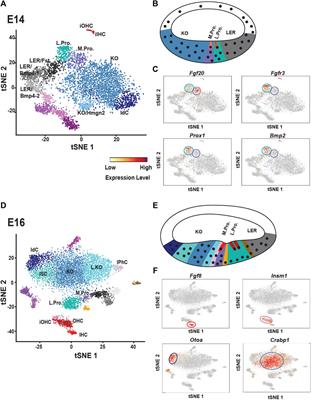EDITORIAL
Published on 13 Oct 2022
Editorial: Inner ear biology: Development, physiopathology, repair and recovery
doi 10.3389/fcell.2022.1049463
- 1,044 views
11k
Total downloads
47k
Total views and downloads
EDITORIAL
Published on 13 Oct 2022
ORIGINAL RESEARCH
Published on 26 Aug 2022

REVIEW
Published on 23 Jun 2022

ORIGINAL RESEARCH
Published on 20 Apr 2022

ORIGINAL RESEARCH
Published on 15 Mar 2022

ORIGINAL RESEARCH
Published on 08 Mar 2022

REVIEW
Published on 04 Mar 2022

ORIGINAL RESEARCH
Published on 22 Feb 2022

ORIGINAL RESEARCH
Published on 17 Feb 2022

ORIGINAL RESEARCH
Published on 11 Jan 2022

ORIGINAL RESEARCH
Published on 09 Dec 2021

ORIGINAL RESEARCH
Published on 12 Nov 2021
